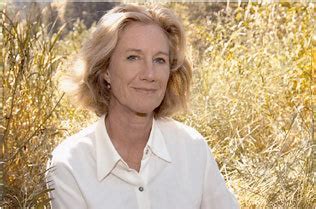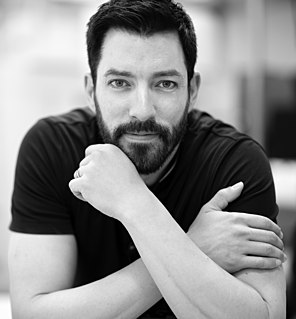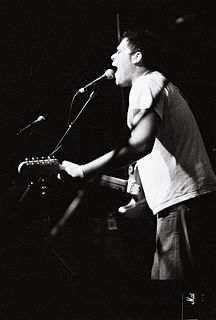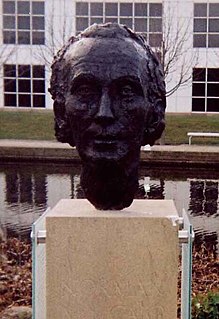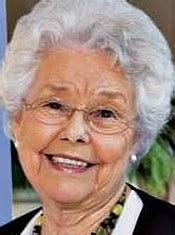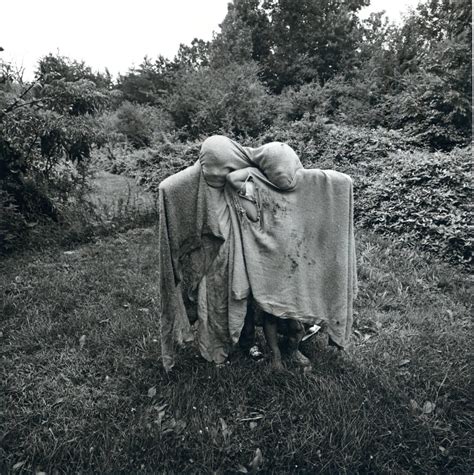A Quote by Anne Taylor Fleming
That, of course, was the thing about the fifties with all their patina of familial bliss: A lot of the memories were not happy, not mine, not my friends'. That's probably why the myth so endures, because of the dissonance in our lives between what actually went on at home and what went on up there on those TV screens where we were allegedly seeing ourselves reflected back.
Related Quotes
We were together because we were addicted to each other. I was never as intoxicated as I was when we were happy together, and I knew it was the same for him. We were putting ourselves through the wringer for those moments of perfection between us, but they were so tenuous that only our stubbornness, determination and love kept us fighting for them.
Happiness is not like we were walking around fingering razor blades or anything like that. But it just sort of seems as if - we sort of knew how happy our parents were, and we would compare our lives with our parents and see that, at least on the surface or according to the criteria that the culture lays down for a successful, happy life, we were actually doing better than a lot of them were.
It was a lot to carry out of a childhood--all those textured layers of thwarted dreams rumbling under the fifties patina--but a lot of us did it. In those manicured lives and choreographed marriages there was an often-pronounced loneliness, an emptiness that we would try to fill with our own accomplishments. And our role, the one we would have so much trouble trying to shed later, was simply to be the best little girls in the world, the high- achieving, make-no-waves, properly behaved little kittens.
When I was 11 years old, I was bullied. It mainly started when I moved to California to pursue my dreams of being an actress. Kids back home in Texas, who I thought were my friends, were saying things behind my back. They said that I would never make it because I wasn't talented or pretty enough to be on TV.
I think a lot why our lives shows are good is because of the crowd, and because of the energy that they bring. Also, there was a time when a lot of the people that came to our shows were a bunch of drunk bros. At a certain point, we decided we were going to start calling them out. We also decided to become more gay-positive and feminist and all that stuff, and that we were going to be really vocal about it. After that, our crowd became a lot friendlier, and honestly a lot more fun.
Food is such an important part of our lives, and sometimes we tend to diminish the importance of that, because we rely on conveniences or because our lives are so complicated. We forget about those moments that we can actually share around the table with our family, with our friends, with our loved ones.
It wasn't that the teachers were bad. From what I can remember, they were pretty good. It was about the selection of books. It was about not seeing my young life reflected back to me: my family dynamics, the noise and complexities of my neighborhood, the things I loved, like ice cream trucks and Kool-Aid.
One of my favorite activities when I was a teenager was going riding on the back of a horse with a friend of mine. Because we were rather high up, I could see into peoples' lighted windows as we trotted past. Questions would rise up inside: Who lives there? Are they happy? What are they doing? Any dogs or cats in sight?
Of course, this is one of the really important things about art, that you can make more than you can understand at the moment the thing is being made. But the gap between what we recognize inside ourselves - our feelings- and our ability to trust ourselves and to trust exposing ourselves to those ideas, can be great.
